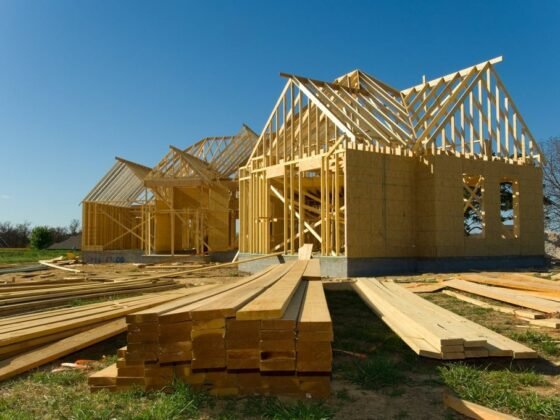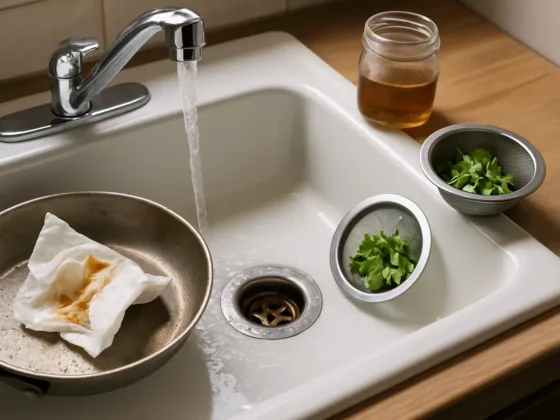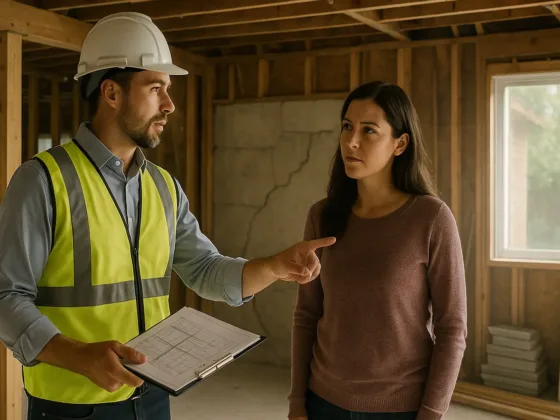Table of Contents Show
A person wants his house or workplace to be comfortable. One of the ways to ensure comfort is to keep the place cold during summer and warm during winter.
People have to breathe effortlessly so proper ventilation is also necessary. Therefore, folks take adequate care to install an HVAC system in their home or office.
The abbreviation “HVAC” stands for “heating, ventilation, and air-conditioning.” A sound HVAC system gives you control over the internal atmosphere of your building. You get to change the temperature when desired with a thermostat.
Moreover, it lets you store a lot of oxygen; hence you get some decent indoor air quality.
Ventilators remove moisture, bad smell, dust particles, harmful germs, heat, and smoke from your rooms. That’s why residential and commercial HVAC systems have become an essential structural requirement nowadays.
The nature of the required system depends upon the structure of your building, its square footage, number of its rooms, and other such matters.
In this summer season, choose the best for your family. Survive this heat with some long-lasting air-conditioning units.

HVAC systems for home and office aren’t functionally different from each other.
These systems primarily perform the same tasks, i.e., heating and cooling, but they do differ in various factors of size, placement, and construction.
So, before you decide to hire an HVAC contractor, it’s always better to learn about its different types.
Let’s look at some of the significant differences between commercial and residential HVAC systems.
Read Also:
Placement
Where to put them? This question shows one glaring difference between these two types of HVAC systems. Commercial systems are likely to get placed on the roof of the building. There are many advantages to this practice.
The roof doesn’t have that much foot traffic, so there’s less chance of your ACs getting stolen. It gives you more surface area to install a complicated and extensive set of machines.
Repairers can freely access the HVAC system without disturbing the employees. It decreases noise pollution and doesn’t make the workplace seem crammed with stuff.
You can often find people using their office building’s roof to install a solar panel too.
On the other hand, residential HVAC systems get placed on the ground. That’s why people set them up in their backyard or just alongside the house.
They’re less complicated, so it’s easier to deal with the noise problem.
Split vs. Packaged
An HVAC system consists of individual components. The arrangement of these parts differs in commercial and residential units.
A residential HVAC system gets split into indoor parts and outdoor parts. Blower, evaporator, and drainage are often present inside the house.
Whereas compressor, condenser, and fan will get installed in the outdoor portion of HVAC.
But residential HVAC systems have all these components inside a single unit. Although you still need to install ducts and zone dampers outside the packaging.
Split systems are better for small houses, and they don’t produce as much noise pollution as packaged ones do.
Size
Contrary to popular belief, size does matter. If you are thinking about installing an HVAC system, you will need a bigger one for your office compared to your home.
It’s because the spaciousness of a building is directly proportional to its heating and cooling needs.
Workplaces are almost always more significantly big than a person’s house. Therefore, commercial HVAC systems have to be bigger than your average residential units.
Size affects the power consumption of the system. A large HVAC unit needs more power to run than a residential one.
It’s costlier to maintain than a commercial HVAC system because of its size. A residential unit, on the other hand, is less expensive to keep.
Complexity
Commercial HVAC systems are also more complex than residential ones because the heating needs of a workplace are different from a house.
A residential unit provides heating and cooling to a single family with simple ventilation needs. But an office has many floors and departments.
The 1st-floor guys will need to survive at a different temperature than the 3rd-floor ones.
Basement workers will demand more cooling than office dwellers; the storage unit will require a specific climate to store its goods.
Thus, a commercial HVAC unit gets built to accommodate all these specifications.
Standalone vs. Modular
Residential HVAC systems come as standalone models, i.e., as a single collection. It complicates their maintenance of the unit as, if damaged, you need to replace the entire system.
It cannot be modified or built upon, but commercial HVAC units have modular installation. It allows a flexible upgrading of the system.
You can add more components to it or remove parts of it when needed.
Technicians can quickly repair them because they’re like splattered constituents of a large machine.
Because of the easiness of maintenance, modular systems are a better option for workplaces. They are customized for the office building and make transportation of the unit easier.
Drainage
Because residential HVAC systems are less complicated, they usually have only one condensation pan.
It is present there to collect the water that drips from the AC’s evaporator. But the drainage system of a commercial HVAC unit is more complicated.
It consists of more than one pan and pipes for the effective evaporation of waste.
Ventilation
Ventilation isn’t a problem when it comes to residential HVAC systems. People can open their doors and windows and let all the bad air out.
But workplaces, yet again, have more complex ventilation needs.
Not only do they need to get rid of foul odor, but they also have to exhaust dangerous chemical fumes.
Conclusion
Though residential and commercial HVAC systems accomplish the same goal, we can see that they are significantly different from each other. They differ in structure, mechanism, complexity, cost, and maintenance.
You need to be informed appropriately about miscellaneous issues regarding HVAC before deciding to install it.









